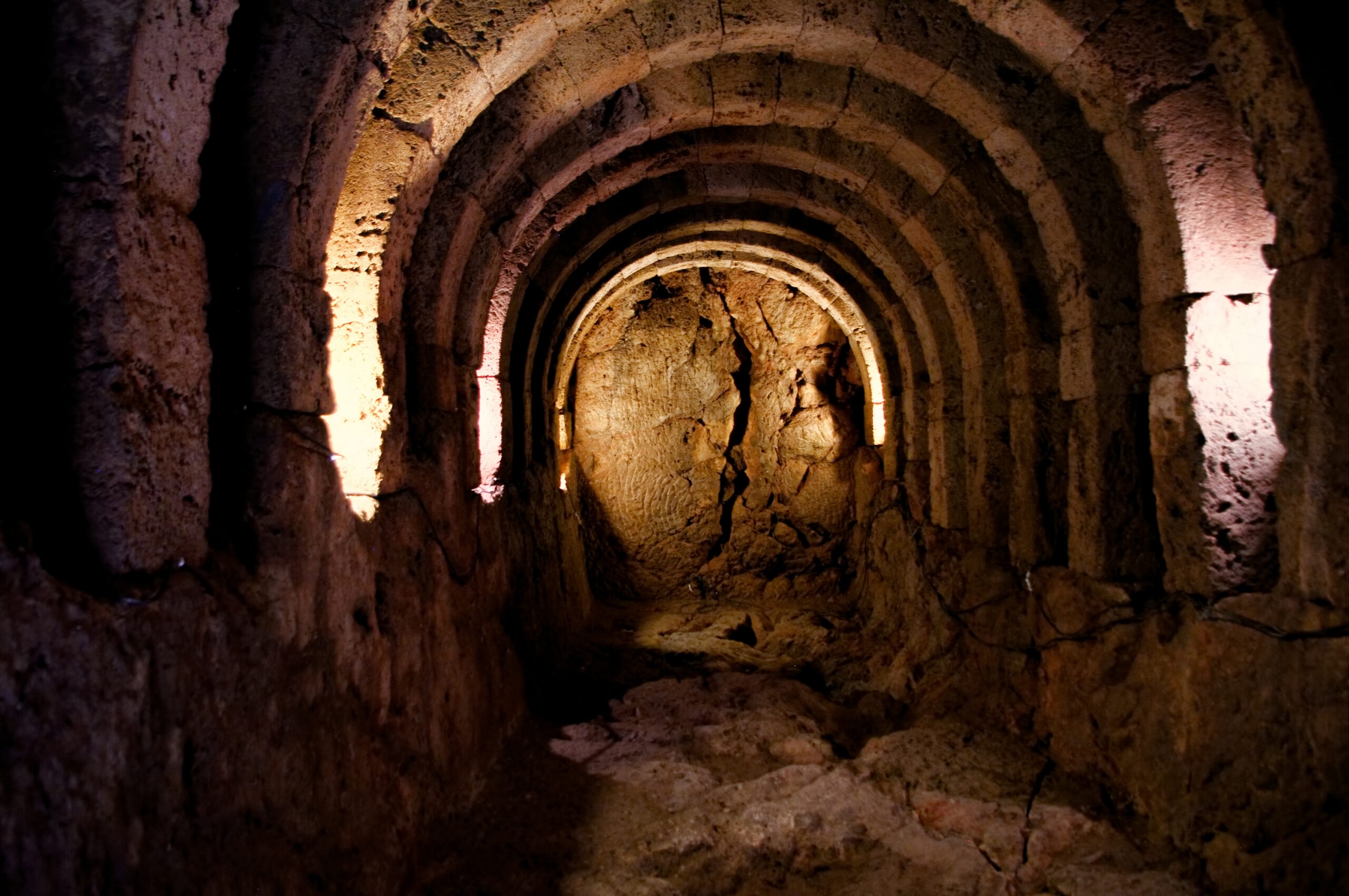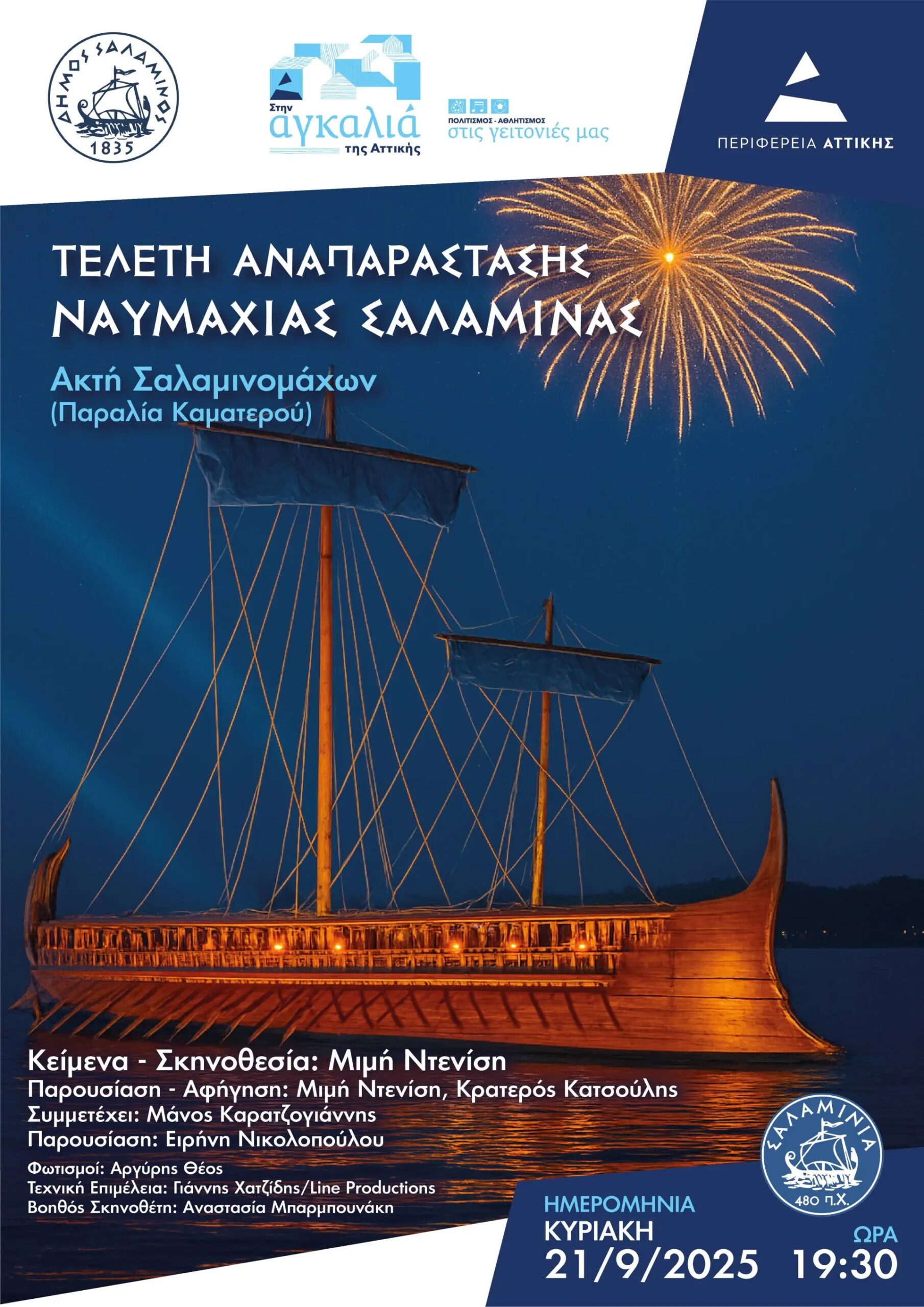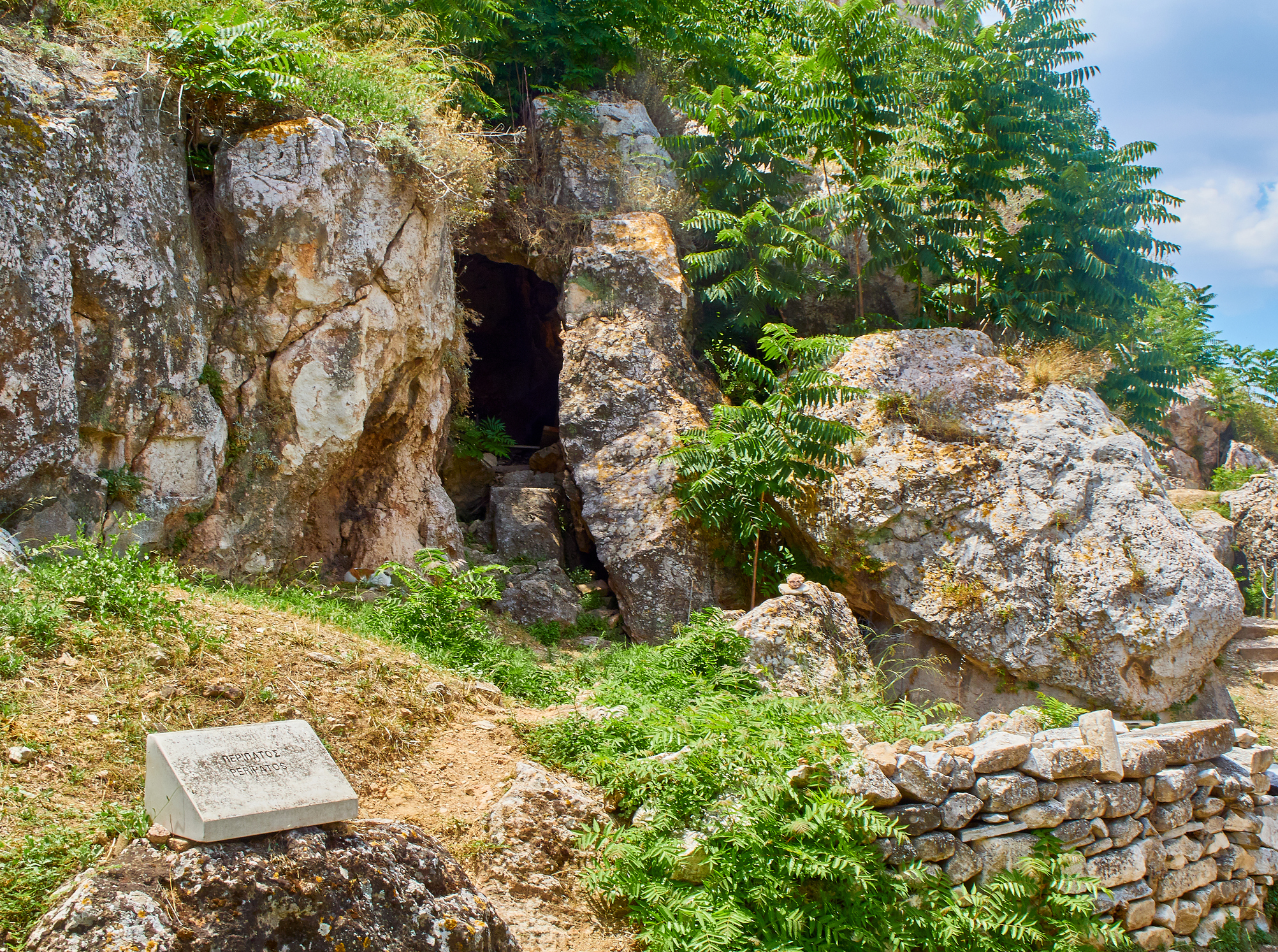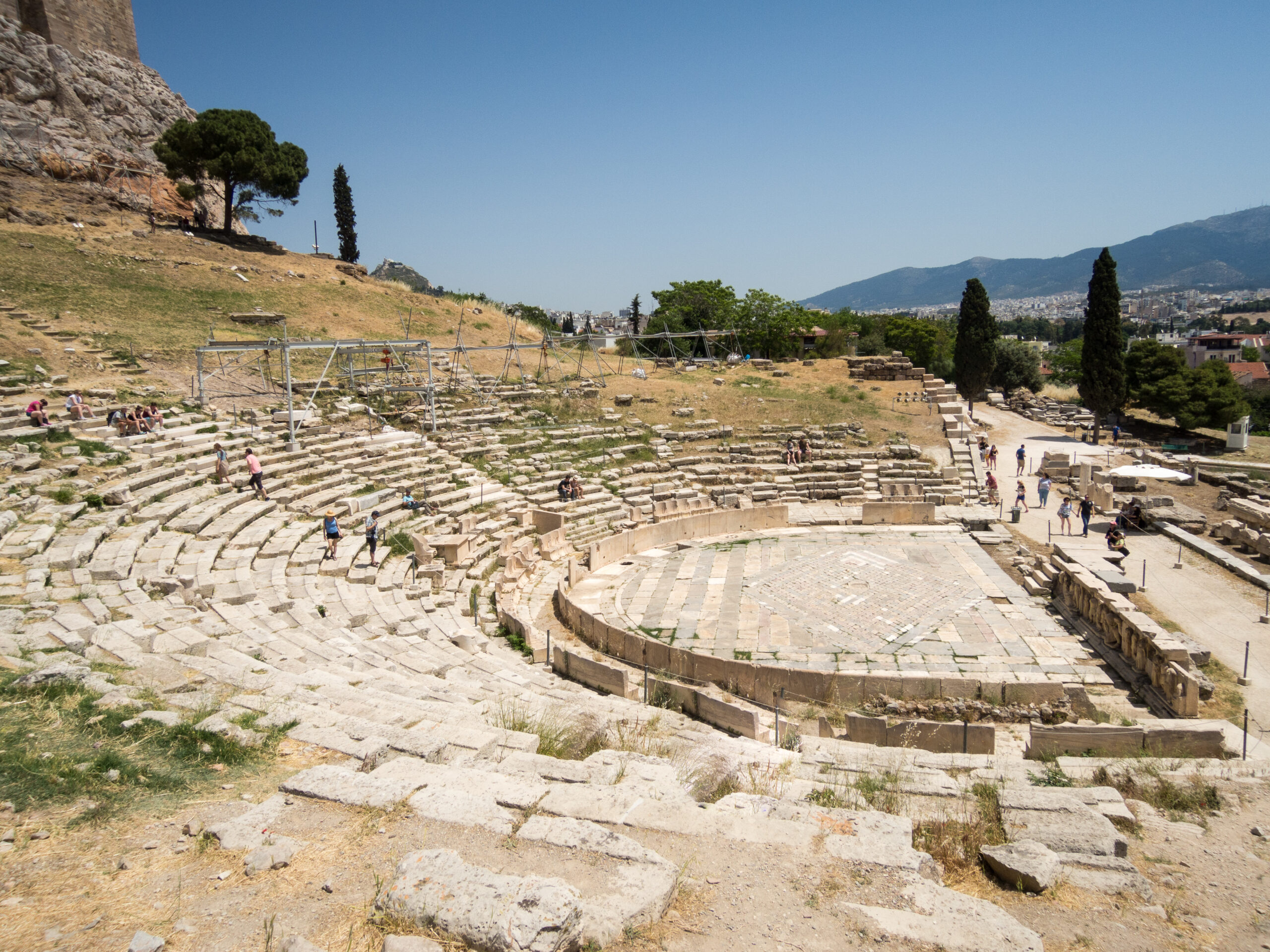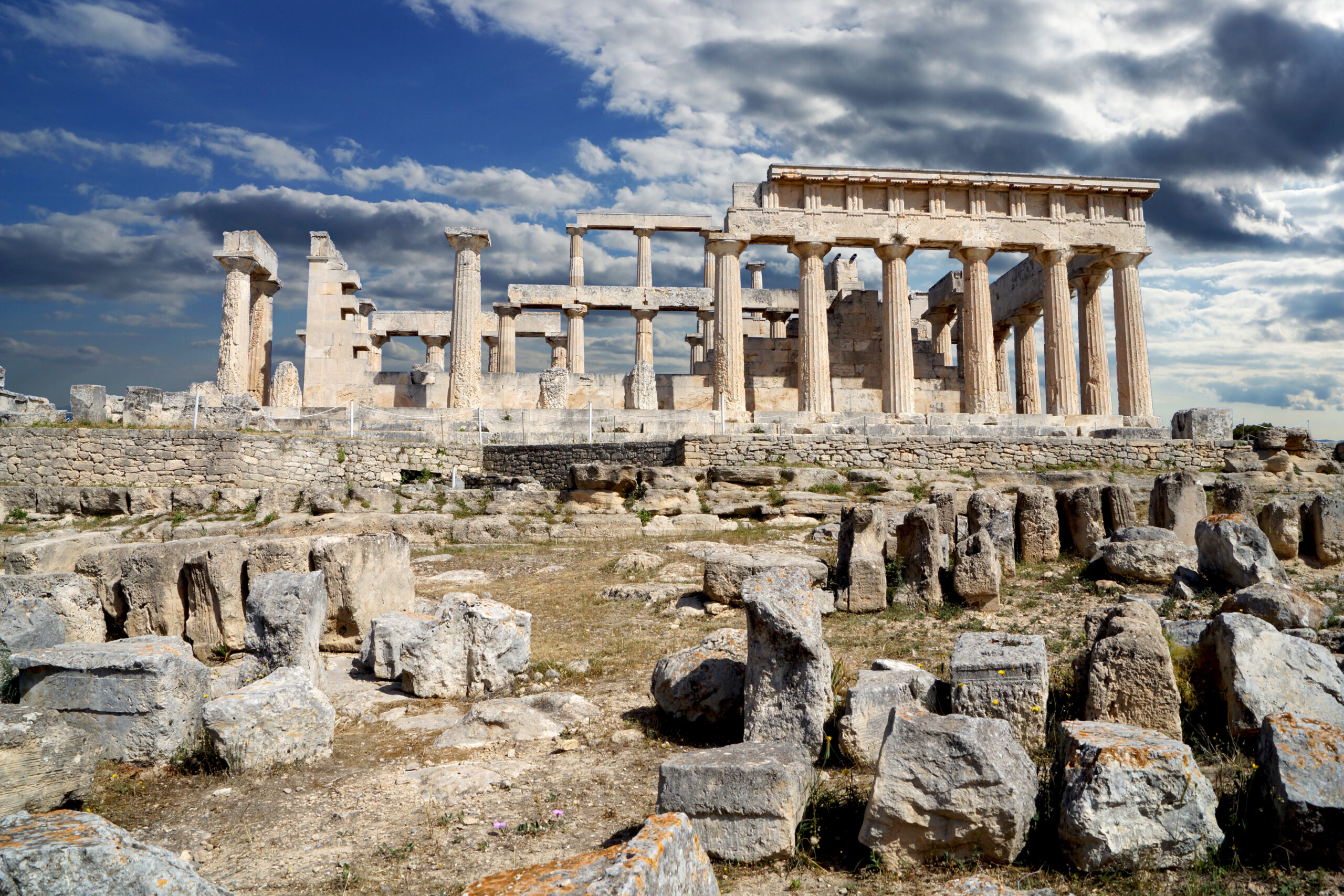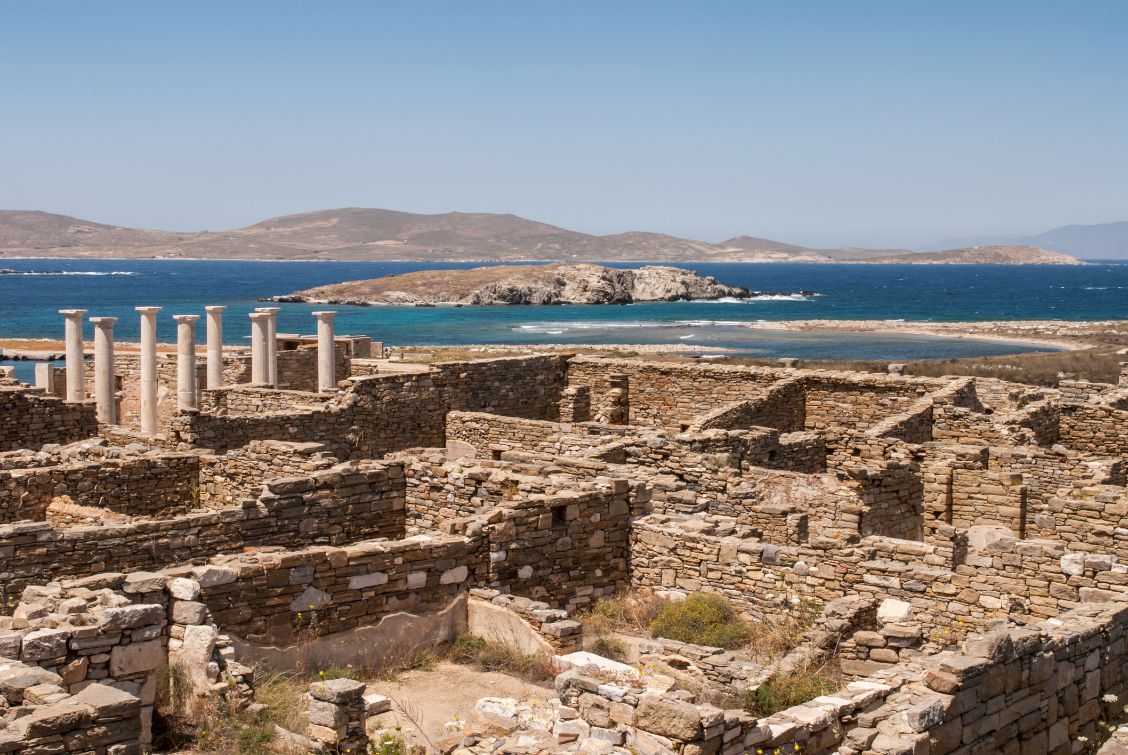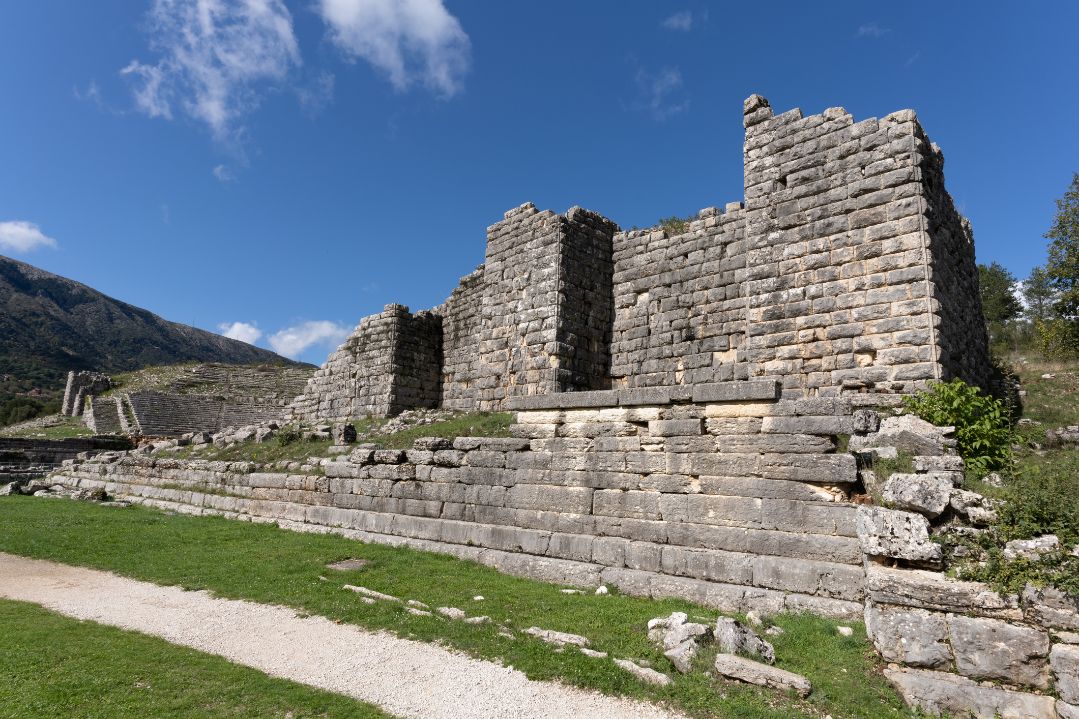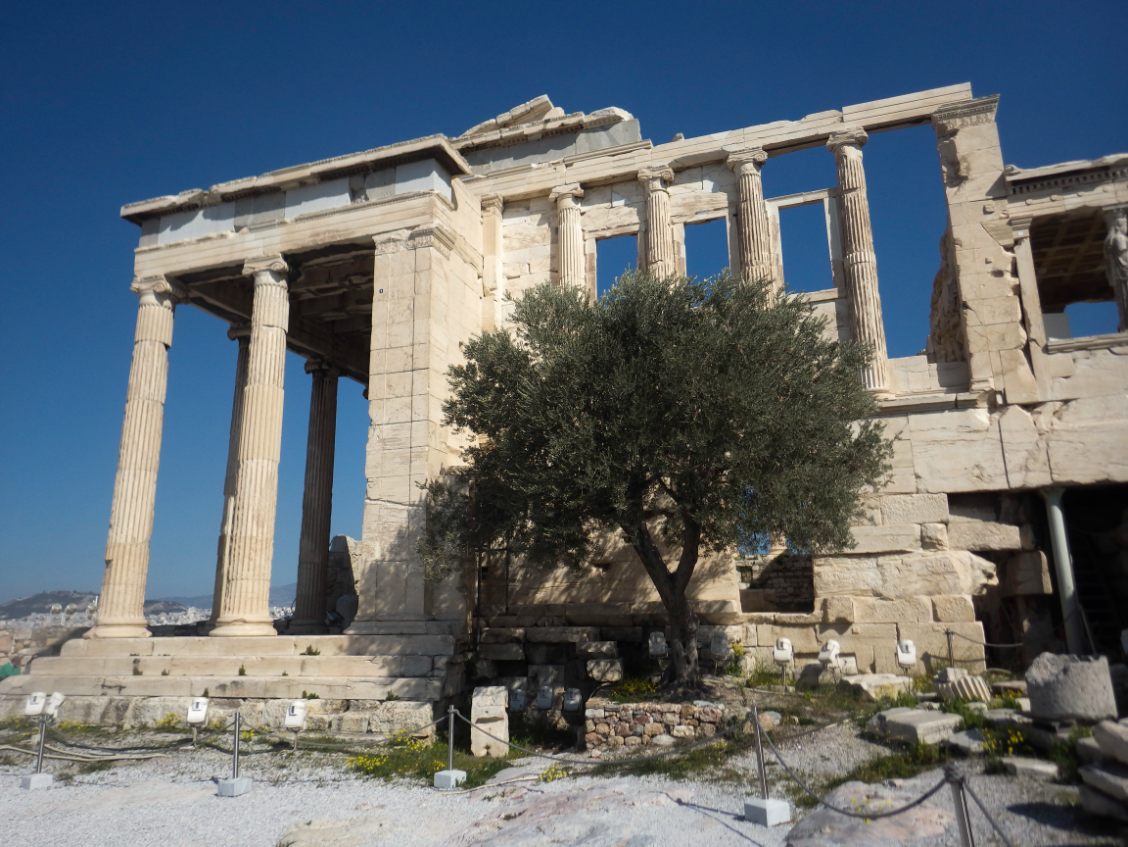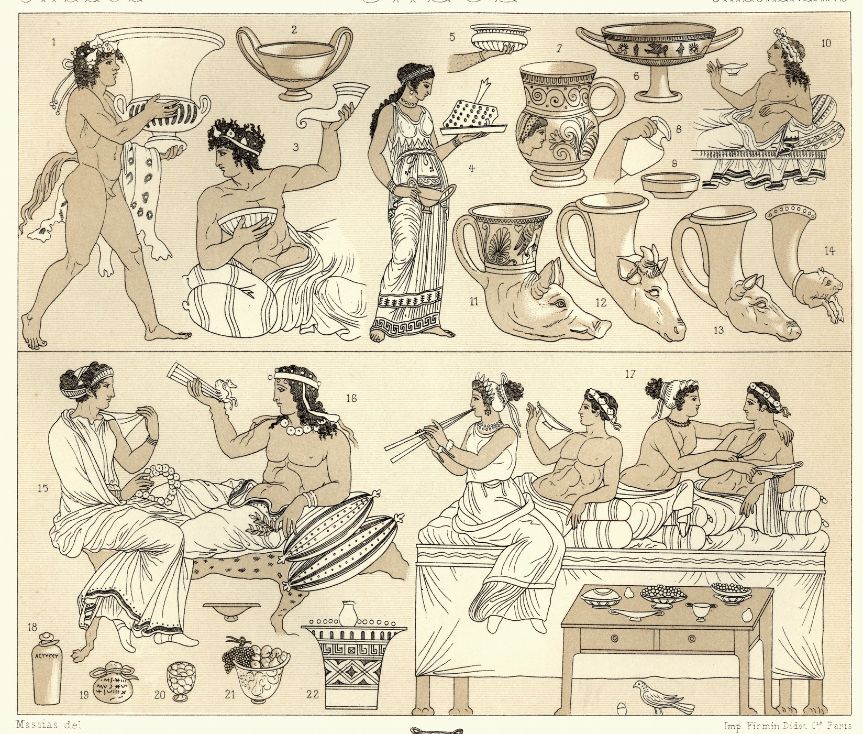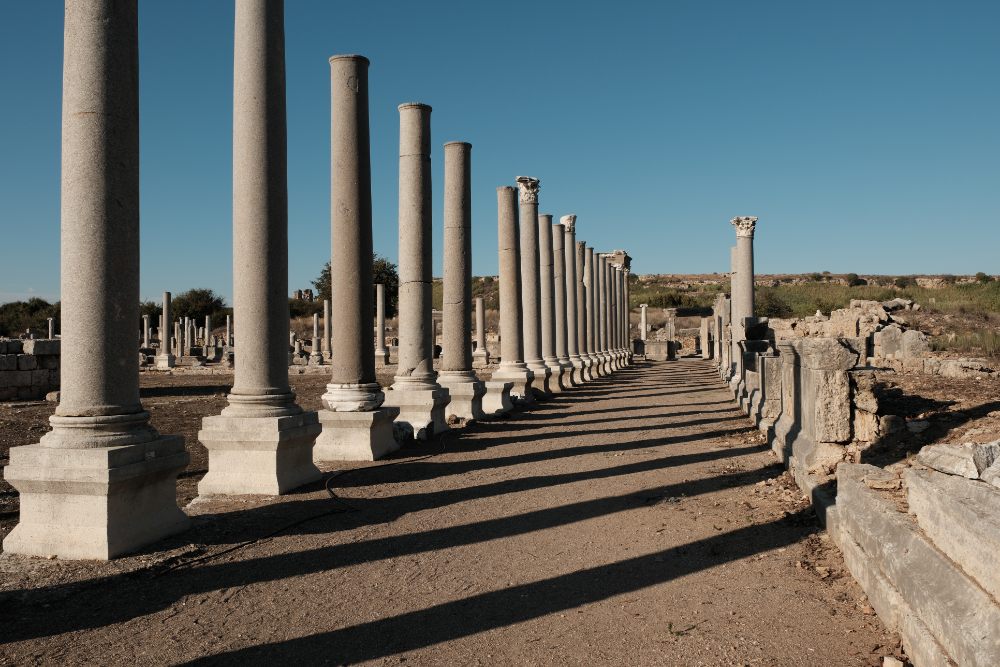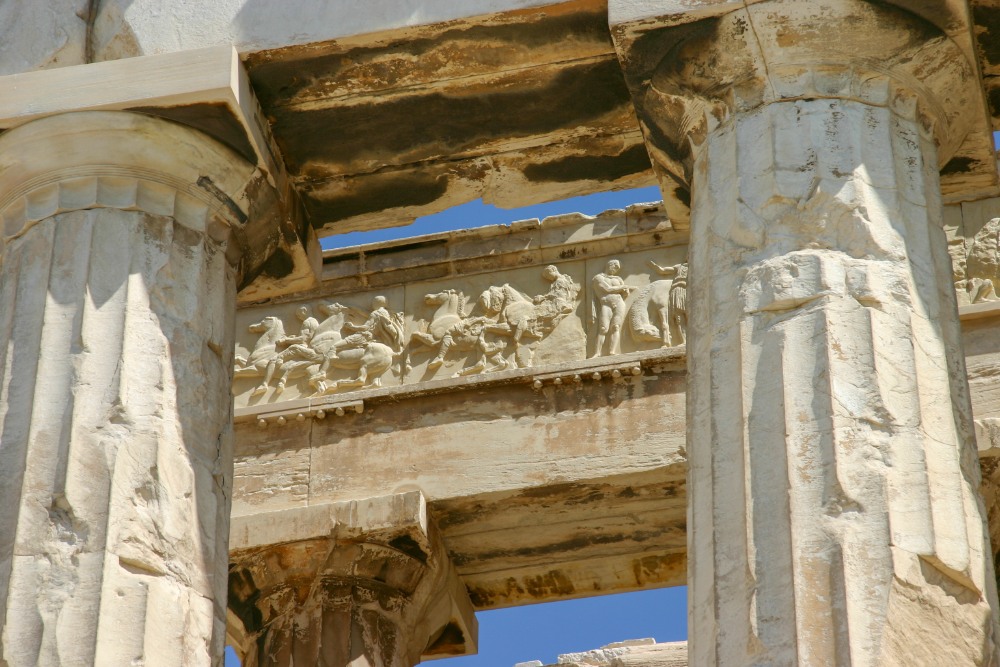Where the living sought answers from the shadows of Hades
Hidden among the hills near the ancient river Acheron in Epirus, the Necromanteion (literally, “Oracle of the Dead”) offered one of the strangest and most haunting religious experiences of the ancient Greek world. Unlike the lofty hilltop temples of Zeus or Apollo, this sanctuary invited visitors to descend — both physically and spiritually — toward the underworld.
Dating from the 4th century BC, though rooted in older mythic traditions, the site was believed to be a gateway to Hades, the realm of the dead. Pilgrims came here not to receive prophecy from the gods of Olympus, but to communicate with deceased loved ones or to seek wisdom from souls beyond the grave. The ritual was elaborate: fasting, sacrifice, and a carefully choreographed descent through dark corridors meant to simulate the journey into the afterlife.
Archaeological remains include subterranean chambers, thick stone walls, and a central hall with vaulted ceilings — all contributing to an eerie and otherworldly atmosphere. Myth links the site to heroes like Odysseus, who, according to Homer, traveled to the underworld to consult the dead prophet Tiresias.
Far from a mere curiosity, the Necromanteion reminds us that the ancient Greeks weren’t just concerned with this life or the gods above. They also looked backward — into memory, mourning, and mystery — hoping the voices of the dead might still speak.
Image credit: Michael Nicht, Wikimedia Commons.

